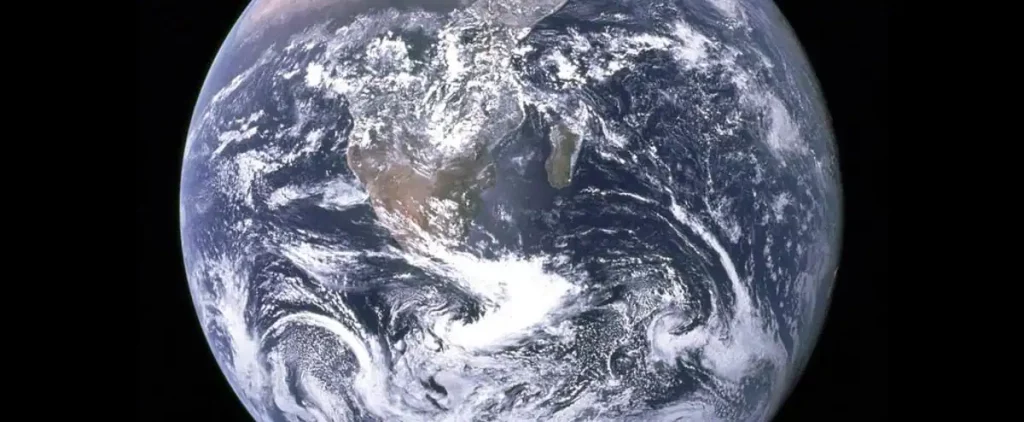
On Thursday, humanity will consume all the planet can produce in one year without running out and it will live on credit for the rest of the year, NGOs Global Footprint Network and WWF warned.
Figuratively speaking, according to this indicator, created by researchers in the early 1990s, it would take 1.75 Earths to sustainably meet the needs of the world’s population, and it’s getting worse.
According to the two NGOs, this date corresponds to when “humanity has consumed all the ecosystems that can regenerate in one year”.
“In the remaining 156 days [jusqu’à la fin de l’année]Our consumption of non-renewable resources chips away at the planet’s natural capital,” said Laetitia Mailhes of the Global Footprint Network at a press conference.
It also does not consider the needs of other species living on Earth. “You also have to leave spaces for the wild world,” she adds.
“Overshoot” occurs when human pressure exceeds the reproductive capacities of natural ecosystems. According to the Global Footprint Network, an NGO that monitors the measure, it has been expanding for 50 years: December 29 in 1970, November 4 in 1980, October 11 in 1990, September 23 in 2000, August 7 in 2010.
In 2020, due to restrictions linked to the COVID-19 pandemic, this date was postponed for three weeks before returning to its previous level.
The food system has gone mad
This ecological footprint is calculated from six different categories, “crops, pastures, forest areas needed for forest products, fishing areas, built-up areas and forest areas needed to absorb carbon emitted by burning ‘fossil fuels’ and are closely linked. to consumption patterns, especially in rich countries.
For example, if all humans lived like the French, Earth Overshoot Day would have occurred earlier on May 5, 2022.
WWF and the Global Footprint Network specifically focus on our food system.
“Our food system has lost its mind with the overexploitation of natural resources, without meeting the needs of the fight against poverty” and on the other hand the epidemic of overweight and obesity, commented Pierre Canet from WWF France.
“The ecological footprint of food is substantial: food production accumulates all categories of footprints, especially crops. [nécessaires pour l’alimentation animale et humaine] and carbon [l’agriculture est un secteur fortement émetteur de gaz à effet de serre]“, details of two NGOs.
“In total, more than half of the planet’s biocapacity [55 %] It is used to feed humanity,” they point out.
More specifically, “the majority of food and raw materials are used to feed the animals and animals we eat”, says Pierre Canet. In the case of the European Union, “63% of arable land […] are directly related to animal production,” he said as an example.
However, NGOs say agriculture contributes to deforestation, climate change by releasing greenhouse gases, loss of biodiversity and degradation of ecosystems, and consumes much of fresh water.
Based on scientific recommendations, they called for a reduction in meat consumption in rich countries.
“If we could cut meat consumption in half, we could push back the date of the overrun day by 17 days,” argues Laetitia Mailhes.
Limiting food waste can push the date back by 13 days, which is not insignificant”, she adds, but a third of the world’s food is wasted.





More Stories
Allegations of corruption Qatar warns of ‘negative impact’ of European measures
USA: Famous “Hollywood cat” euthanized in Los Angeles
The campaigner who called for the shooting of Ukrainian children has not been charged